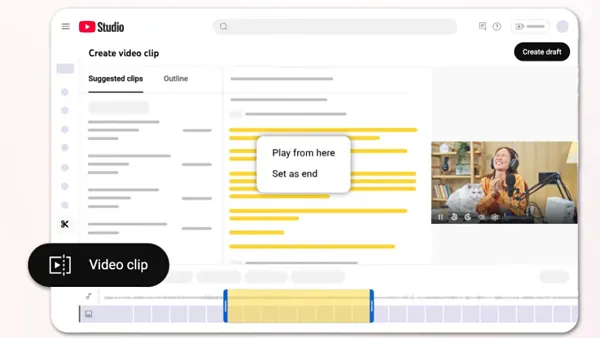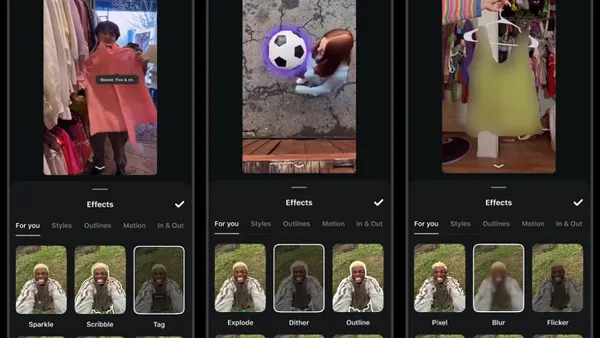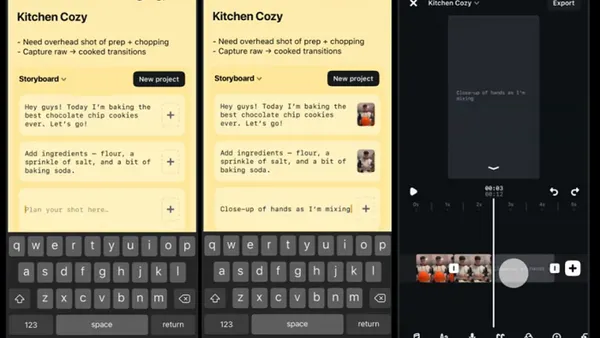Recently I was trying to explain (again) what makes New Media different to more traditional forms of communication. Broadly speaking, the audience were in PR and corporate communications and our communications medium was a shortish telephone conference call. Not the ideal way to move people from a lifetime of beliefs to a new way of viewing the world.
They couldn't understand that a significant part of the world has moved away from foghorncommunications and towards conversations. From monologues to dialogue. From usingthe ears as well as just the mouth. From command and control todemocracy.
It was only after I put the phone down that I realised my perspective was entirely Social Media. What if they really did mean New Media? (Anything that requires a computer for delivery.) I think not, but it does reinforce the case for precision in our terminology.
The trouble is that a lot of people don't like the Social Media term either.
It's a pity I didn't know about Brian Solis' recent posts on the subject in which he is summarising and discussing recent arguments between some fairly prominent people in the Social Media space (sorry folks, I'll use the term for now.) His words of wisdom and his links to the various voices, dissenting or otherwise, is a great place to get your head round the subject. Read his follow up in the next post too.
I really don't think it's worth getting agitated over the term itself. (One of my Christmas lunches was largely spoiled by two leading experts going at it hammer and tongs over the terminology. I'll let them reveal themselves if they want to.) If the 'media' word provides a way for traditional media and communications types to transition to an understanding of how great chunks of the population are now becoming informed, then I reckon it has to be a good thing.
link to original post










